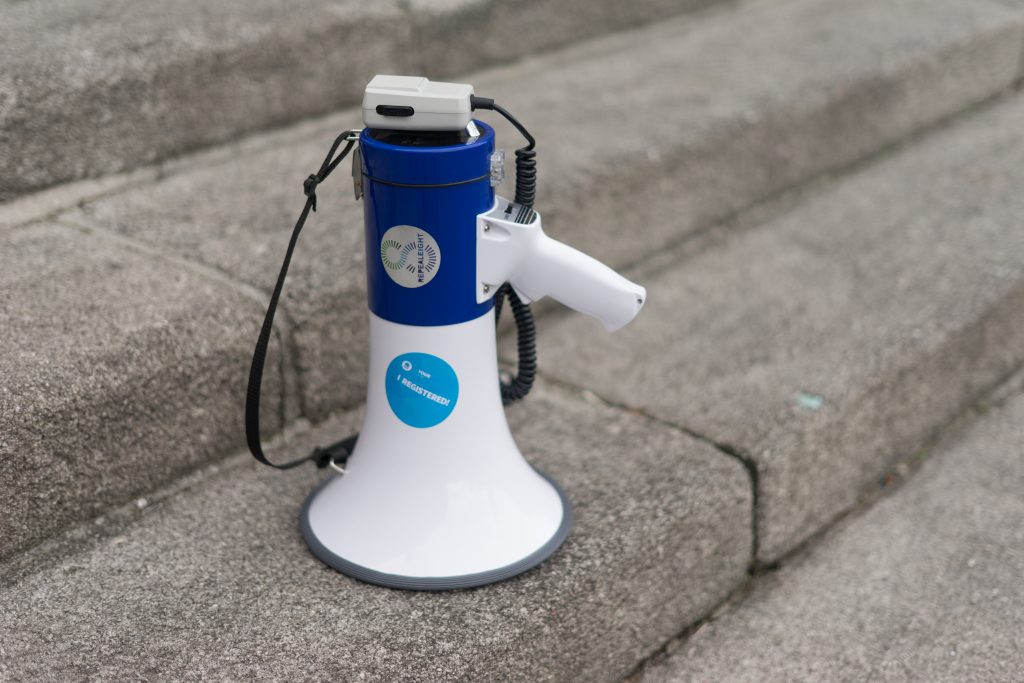A Trinity PhD workers rights group is being established to advocate for the recognition and protection of working rights of PhD students in Trinity and other Irish universities.
Among the group’s central aims are the recognition of PhD students as workers, with contracts and full employee and collective bargaining rights; an end to unpaid teaching; and PhD stipends based on the living wage.
The TCD PhD Workers Rights Group has been established by postgraduate students Tom Dinneen and Conchuir Ó Raidaigh. The pair have laid out provisional demands for the campaign, and will be holding the group’s first meeting next week.
PhD stipends reach a maximum of €18,000 for Trinity postgraduates. Ó Raidaigh told Trinity News: “Broadly, we’re doing this because we feel that stipend funding for PhDs is not nearly enough. €16,000 to €18,000 per year is not a livable wage and the precarious teaching and demonstrating work that some PhDs supplement their income with is neither reliable nor secure.”
The group will likely campaign for certainty of hours in teaching and tutorial work with a set hourly rate of pay, an improved postgraduate accommodation network, and full access to staff facilities and suitable workspaces, including office and lab space.
The group wants to ensure research hours are “protected, prioritised and guaranteed over all other duties”. They argue that there should be no official meetings with supervisors outside 9am-5pm on weekdays unless agreed by the PhD researcher.
Many of the group’s demands relate to accommodation. The establishment of dedicated postgraduate supports like a rent subsidy scheme and publicly funded construction of accommodation for postgraduates, are among their goals.
Ó Raidaigh said: “There are massive issues with conditions and access to supports for PhDs too, a lack of affordable accommodation in colleges and the private market, no rent subsidy that we can apply for etc.”
Aside from the recognition of PhD students as workers and PhD stipends based on the living wage, the group’s national demands include the extension of the free travel scheme to PhDs students; universal, free healthcare for all students, staff and postgraduate students; and fee certainty for students from the UK during the Brexit process.
Dinneen wrote to Minister for Higher Education Mary Mitchell O’Connor earlier this year to demand a rent subsidy for PhD students. In this letter, he argues that the general subsidy is not sufficient. He wrote: “I worked seven days a week in order to afford my rent…however, this proved unsustainable due to my PhD workload.”
“Trinity College Dublin provides little means to boost my income as a biology postgrad. This situation causes myself and many others severe distress about completing our studies,” he said.
Dinneen and Ó Raidaigh have been speaking to a similar group from University College Dublin on the issue of working and living conditions for PhDs.






